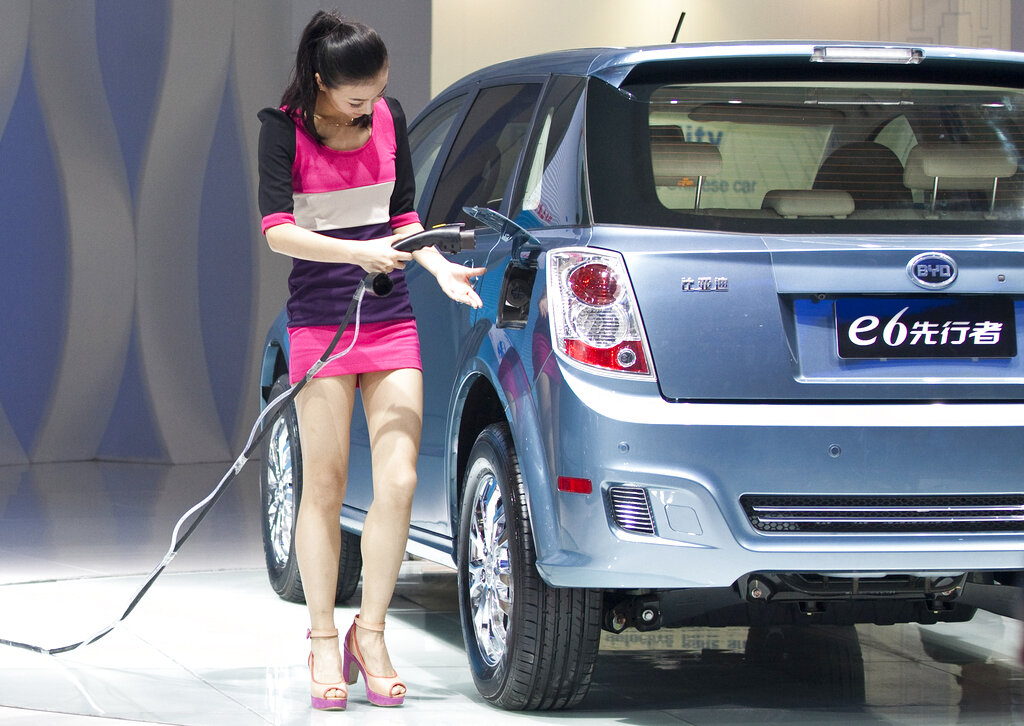Hungarian Minister of Foreign Affairs and Trade Péter Szijjártó said that as current president of the European Union, his country will work towards abolishing the EU’s punitive import tariffs on Chinese electric cars, which are detrimental to the European economy.
“It’s a very bad idea from a European point of view. These tariffs are doing enormous damage to the European economy. We very much hope that their final introduction will not take place,” he said.
“If the European Commission imposes tariffs on Chinese products, then China will impose tariffs on European products, and that would be extremely damaging for the whole European economy. Therefore, we continue to believe in Eurasian, and within that European-China, cooperation based on mutual respect and mutual benefit, not in tariffs, not in restrictive measures, not in sanctions,” Szijjártó said.
Szijjártó made the comments after meeting with Robin Zeng, founder and CEO of the world’s largest electric car battery company, China’s Contemporary Amperex Technology Co., Ltd. (CATL).
Hungary’s foreign minister stressed that there is now a visible increase in the number of electric vehicles on the roads of Europe, Hungary, and the world, which are starting to eclipse conventional gas and diesel engines.
“Hungary made the right strategic decision when we decided to make our country the main European cooperation center for Eastern and Western car manufacturers,” he said, adding that the most important German, Chinese and South Korean companies in the sector are also setting up in Hungary.
“We are one of only three countries in the world where all three major German car brands have their own factories, and we are the only country in the world where these three major German car manufacturers are joined by five of the world’s top 10 electric battery manufacturers, including three from China and two from South Korea,” he pointed out.
As Remix News reported, last month the European Commission decided to implement extra import duties on Chinese electric cars, on the grounds that China grants massive state subsidies to all such companies.
The new charges would be imposed on top of the existing 10 percent duties. The three Chinese producers under investigation by the European Commission would be subject to specific duties: BYD (17.4 percent), Geely (20 percent), and SAIC (38.1 percent).
Other Chinese electric vehicle companies willing to cooperate with the EU investigation would be subject to an average duty of 21 percent. All other Chinese producers unwilling to cooperate would be subject to a duty of 38.1 percent.






